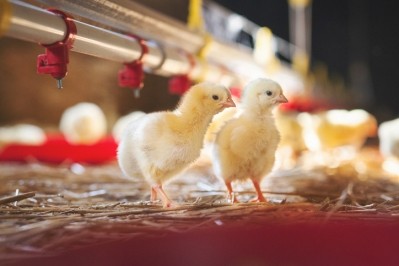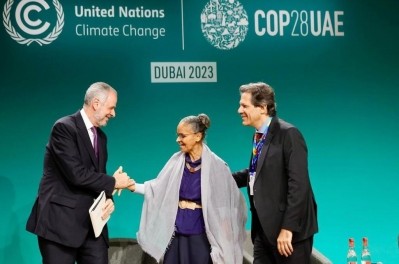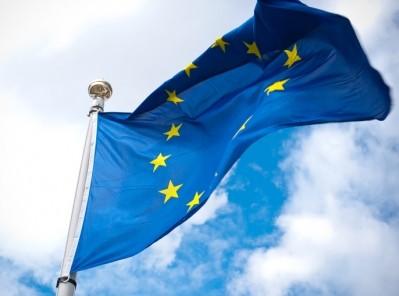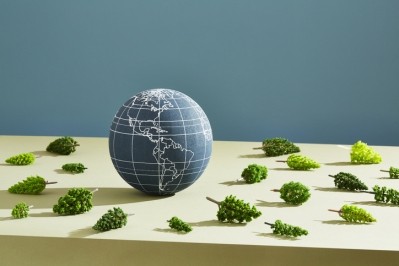Rabobank, Santander and AGRI3 boost Cerrado responsible soy fund by over $36m
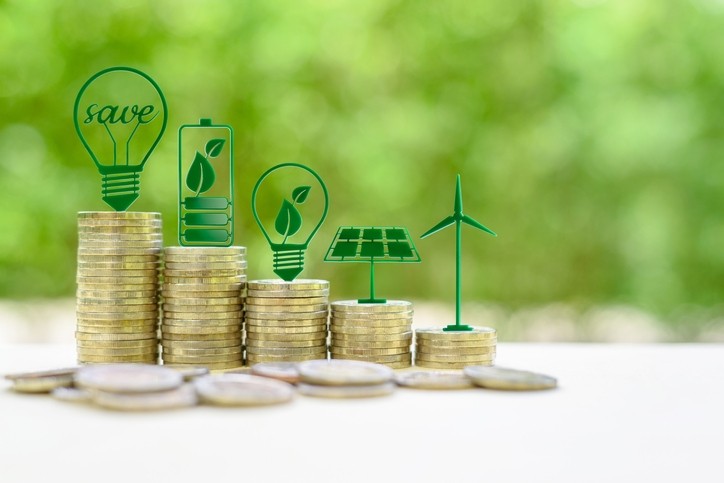
The Responsible Commodities Facility (RCF) Cerrado Program, a system of financial incentives for farmers in Brazil who commit to deforestation and conversion free (DCF) soy cultivation, is now attracting investment from capital markets, amplifying the impact of the original investments made by UK retailers, and taking it beyond the initial pilot phase.
The Cerrado biome, which lies mostly in Brazil, is the world’s most biodiverse savanna, and it is under threat from deforestation, mostly driven by the expansion of soy cultivation.
The RCF was launched in August 2022 with an initial investment of US$11m by Tesco, Sainsbury’s, and Waitrose. It now how been expanded more than four-fold to US$47m, through an innovative blended finance structure. For the 2023/24 growing season the RCF has secured investment of US$36.24m from commercial banks Santander and Rabobank, and from impact fund, AGRI3.
Pedro Moura Costa, CEO of Sustainable Investment Management (SIM), the organization that coordinates the facility, told FeedNavigator:
"The banks involved all have sustainability commitments and objectives, and the RCF provides them with a vehicle to invest in sustainability at scale.
"Talks are ongoing with a number of other potential investors from both retail and finance. The RCF runs on an annual cycle, so the next announcement is likely to come in spring 2024.
"The target for the (next) 2024/25 planting season is to grow the fund to US$100m, and by 2030, we expect to have US$1bn under management."
The RCF is financed through a first-of-its-kind approach: dollar-denominated green bonds that are registered in the Vienna Bourse and the Brazilian stock exchange. US cocoa and chocolate product manufacturer, Barry Callebaut, also provided financial support for the structuring of the initiative.
The importance of incentives to support DCF soy
In addition to the market signals and demand preferences for sustainability, SIM believes there is a crucial requirement to create incentives to engage farmers in the production of DCF commodities.
Farmers selected to take part in the initiative must comply with its eligibility criteria - the farms’ location and deforestation risk, area of excess legal reserve, and credit history - and they must commit to zero deforestation of native vegetation, over and above their legal reserves, preventing negative climate impacts and loss of habitat.
Scaling the program
Moura Costa said that following a successful first season, where all loans were repaid and no deforestation took place, the program is now being rapidly scaled up to ensure more soy is produced as DCF.
In the 2023/24 season, the RCF will provide finance to 122 farms, producing more than 260,000 tons of soy, resulting in the conservation of around 43,400ha of native vegetation, 11,300 in excess native vegetation, which will protect over 20 million tons of CO2 carbon stocks.
The participating farms are in the Matopiba, Goiás, and Mato Grosso regions, areas at risk of deforestation, native vegetation conversion and biodiversity loss.
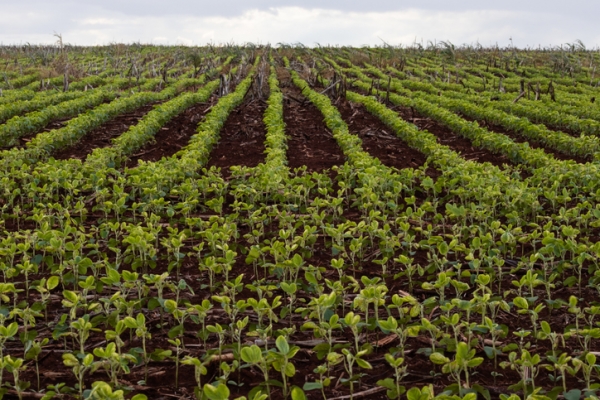
Impact investors, AGRI3, will support a mezzanine tranche and in addition will provide funding for technical assistance to assist RCF farmers to start moving towards more sustainable agricultural practices.
"The RCF is a strong match with the fund’s goal to mobilise commercial capital to support forest protection and promotion of sustainable agriculture, and builds on and expands AGRI3’s existing investments in supporting deforestation-free supply chains in the region,” commented Nick Moss, managing director, AGRI3.
An independent environmental committee composed of the UN Environment Program (UNEP), The Nature Conservancy (TNC), BVRio, WWF, Conservation International (Brazil), Proforest and Instituto de Pesquisa Ambiental da Amazonia (IPAM), reviews and provides input into the environmental management of the RCF.
